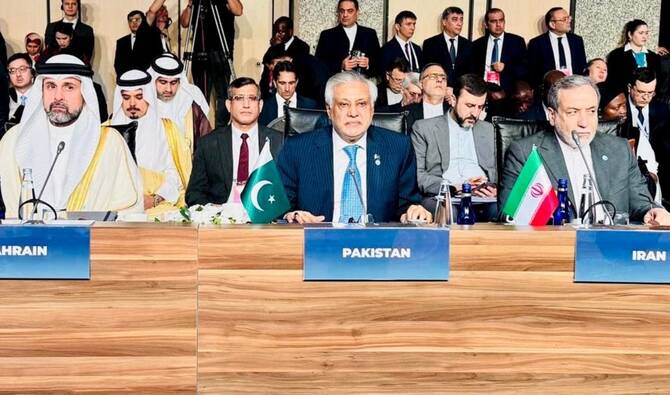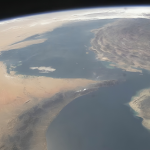Pakistan has strongly condemned the recent United States military strikes on Iran’s nuclear facilities, labeling them as violations of international law and norms. The attacks, which targeted Iran’s nuclear sites at Fordo, Isfahan, and Natanz, were reportedly aimed at crippling Iran’s nuclear program. In a statement issued by Pakistan’s Foreign Office, the government expressed deep concern about the potential for regional escalation and emphasized Iran’s legitimate right to self-defense under the United Nations Charter.
The statement also called for the protection of civilian lives and infrastructure, urging all parties involved to adhere to the principles of international humanitarian law. Pakistan underscored the need for diplomacy and dialogue as the only sustainable paths to resolving such crises.
This condemnation came shortly after Pakistan had announced its backing of US President Donald Trump’s nomination for the 2026 Nobel Peace Prize, citing his mediation efforts during the recent India-Pakistan conflict. The timing of the condemnation has drawn attention, reflecting the complex and evolving nature of Pakistan’s foreign policy in the region.
Pakistan’s opposition party, Pakistan Tehreek-i-Insaf (PTI), also issued a separate statement denouncing the US action. The PTI accused the United States of breaching Iranian sovereignty and alleged that Israel had influenced Washington’s decision to launch the strikes, despite what it called a lack of conclusive evidence regarding Iran’s nuclear weapons capability. PTI leaders pointed fingers at Israeli Prime Minister Benjamin Netanyahu, blaming him for escalating tensions in the Middle East.
Several other Muslim-majority nations echoed Pakistan’s concerns. Saudi Arabia reiterated its rejection of violations against Iranian sovereignty, while Qatar warned of grave regional and international consequences if the situation deteriorates further. Iraq and Oman also joined the chorus of countries calling for restraint and a return to diplomatic solutions.
The broad condemnation from across the Islamic world highlights growing unease over the potential fallout of renewed US-Iran hostilities and signals a unified call for restraint and respect for international norms in an already volatile region.













